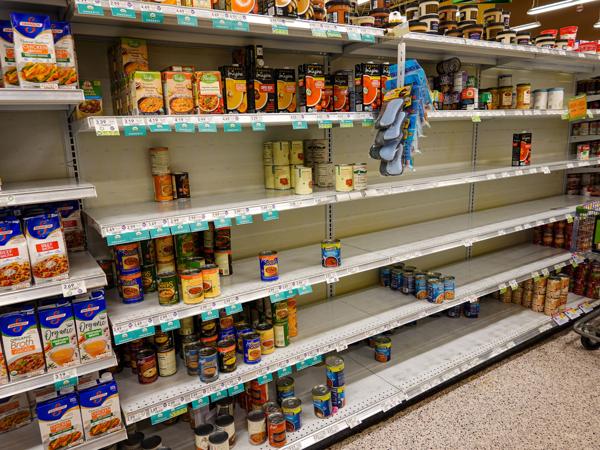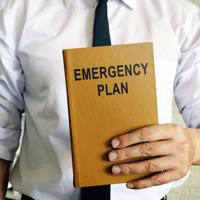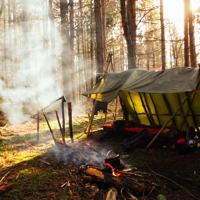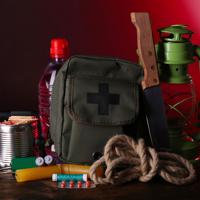Urban environments are often seen as bustling centers of commerce, culture, and community. However, they can become quite challenging when faced with natural or man-made disasters. This article aims to offer some practical advice on how to navigate and survive potential urban emergencies with a focus on preparedness, adaptability, and resourcefulness.
Understand Your Surroundings
Before delving into specific tips, it is important to be aware of your urban environment. Familiarize yourself with neighborhood layouts, emergency exits in your home and workplace, and the location of hospitals and fire stations. Understanding your environment can guide your actions and decisions during a disaster.
Build an Emergency Kit
An emergency kit is a cornerstone of disaster preparedness. Though there are different variations, a basic urban survival kit might include:
- Water and Non-Perishable Food: Aim for a three-day supply. Consider water purification tablets or a portable filter.
- First-Aid Kit: Include personal prescriptions, a multi-tool, bandages, and antiseptic wipes.
- Light and Power: A flashlight, extra batteries, and possibly a solar charger can be useful.
- Communication Tools: A battery-powered radio and a charged phone with backup batteries could be crucial.
- Cash and Important Documents: Carry small bills and essential documents sealed in waterproof bags.
- Clothing: Pack layers appropriate for your climate. Consider gloves, a hat, and a sturdy pair of shoes.
Develop a Communication Plan
During a disaster, lines of communication may be disrupted. Creating a communication plan with your family or roommates can ensure everyone knows how to check in and where to meet if separated. Memorize key phone numbers as relying solely on your phone’s contact list can be risky.
Stay Informed
Knowledge is power, especially during emergencies. Pay attention to local news via a reliable source. Consider stocking a battery-operated or hand-crank radio to stay informed if power or internet services go down.
Learn Basic Skills
Survival skills aren’t merely for the wilderness. Some that might aid urban survival include:
- Basic First Aid: Red Cross and other organizations often offer courses.
- Self-Defense: Local classes may be available.
- Fire Safety: Learn how to use a fire extinguisher and conduct family fire drills.
Secure Your Home
Disasters such as earthquakes or floods can compromise home safety. Take proactive steps like:
- Anchor Heavy Furniture: Prevents injury from tipping.
- Weatherproofing: Reinforce doors and windows to handle severe weather.
- Gas and Water Shutoff: Learn where and how to shut these off to prevent leaks or flooding.
Have an Evacuation Plan
In some situations, leaving home may be your best option. Identify multiple exit routes from your building and neighborhood. Familiarize yourself with local evacuation centers.
Practice Situational Awareness
Urban environments can be unpredictable in emergencies. Observing your surroundings can make a difference:
- Avoid Large Crowds: They can quickly become disorderly.
- Be Mindful of Structures: In the event of structural instability.
- Trust Your Instincts: If something feels wrong, prioritize personal safety.
Cultivate a Community Network
Often, the power of a community proves invaluable during crises. Getting to know your neighbors can foster a network of support. Pool resources, share skills, and communicate effectively to navigate challenges together.
Reference and Further Reading
To delve deeper into urban survival strategies, you can consider reading:
- “The Unthinkable: Who Survives When Disaster Strikes – and Why” by Amanda Ripley
- Government websites, like FEMA and the Centers for Disease Control, for disaster preparedness guidance.
Preparedness doesn’t eliminate the unpredictability of urban disasters, but it can significantly enhance your ability to cope and survive when they occur. Remember, it’s not about being fearless but about being prepared, vigilant, and resilient.




